Ada Lovelace
Early Life
Ada Lovelace was born on December 10, 1815, in London, England. Her father was the famous poet George Gordon Byron, and her mother was Anne Isabella Milbanke, a woman known for her interest in mathematics and education. Ada's parents separated shortly after her birth, and she never saw her father again.
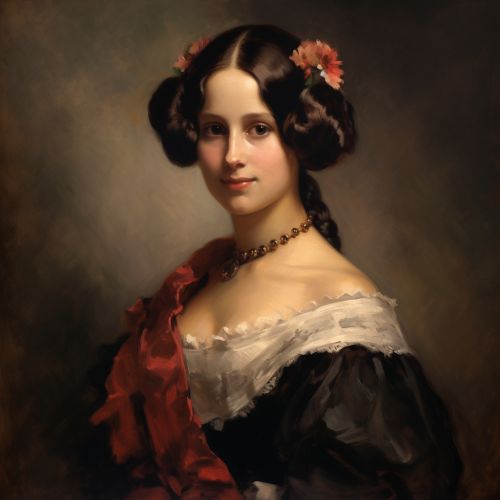
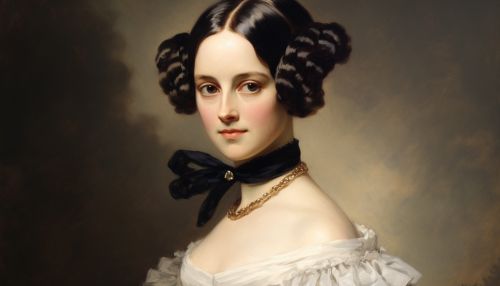
Her mother, wanting to steer Ada away from her father's perceived instability, encouraged her to study mathematics and science. Ada was privately tutored by some of the most notable intellectuals of the time, including Augustus de Morgan, a mathematician and logician who was a professor at the University of London.
Education and Marriage
In 1833, Ada met Charles Babbage, a mathematician and inventor, at a party. Babbage was working on a concept for a machine he called the Difference Engine, which was intended to perform mathematical calculations. Ada was fascinated by Babbage's ideas, and the two began a correspondence on the topics of mathematics and logic.
In 1835, Ada married William King, and they had three children. After their marriage, King was made Earl of Lovelace, and Ada became Countess of Lovelace.
Work with Charles Babbage
Babbage conceived of a new machine in 1834, which he called the Analytical Engine. This machine was intended to be a general-purpose computing machine. Ada was intrigued by the idea and began to work with Babbage on the project.
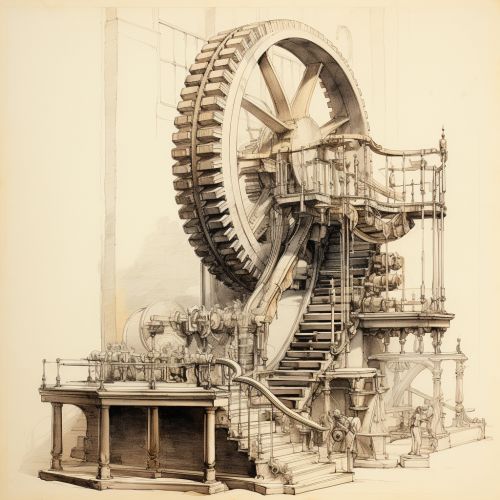
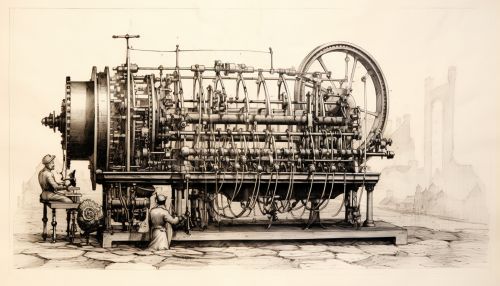
In 1843, Ada translated an article by Italian mathematician Luigi Menabrea on the Analytical Engine, adding her own extensive notes and thoughts on the machine. These notes, which were three times longer than the original article, contained what many consider to be the first computer program—that is, an algorithm designed to be processed by a machine. Ada's notes also expressed the idea that such a machine could go beyond mere calculating or number-crunching to create any kind of content, including music and art, given the right inputs and programming.
Legacy
Ada Lovelace died at the young age of 36 on November 27, 1852, but her work has had a lasting impact. She is often credited as the world's first computer programmer, and her vision of computing surpassed that of many of her contemporaries.
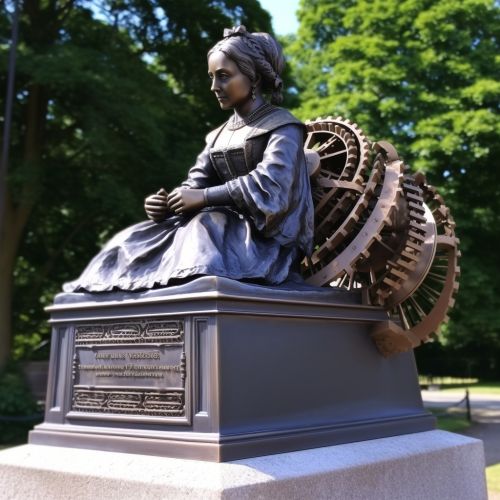
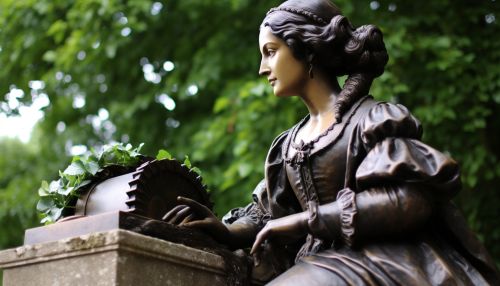
In 1980, the U.S. Department of Defense named a newly developed computer language "Ada," in her honor. Ada Lovelace Day, celebrated in mid-October, was created to raise the profile of women in science, technology, engineering, and maths.
